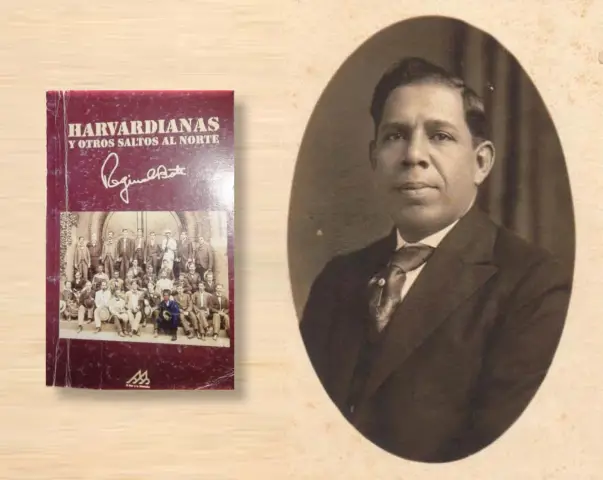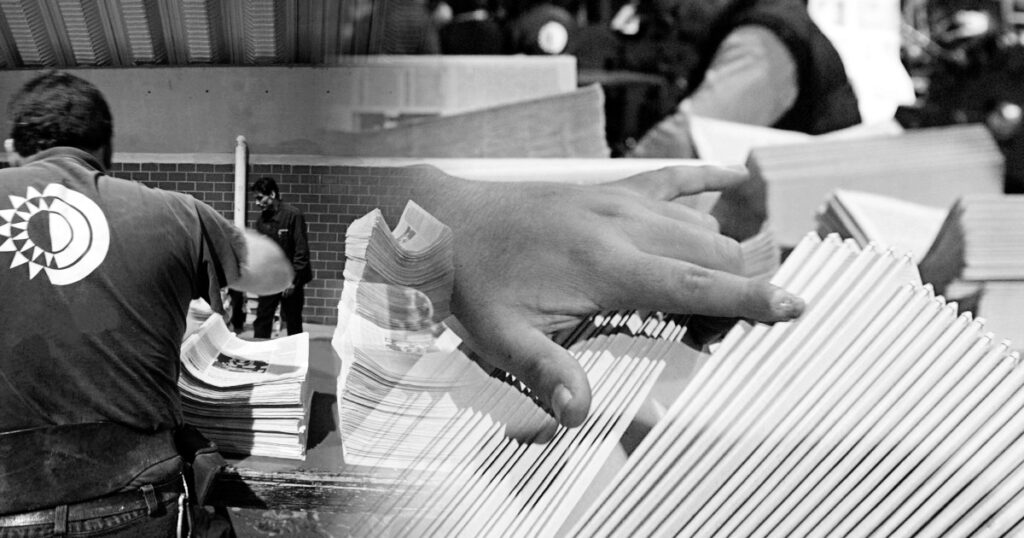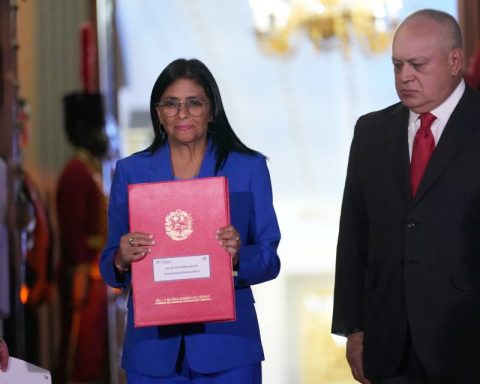HARRISONBURG, United States. — This February 18 marks the 145th anniversary of the birth of the Cuban bard, historian, teacher, lawyer and politician Regino E. Boti, the first great Cuban poet of the 20th century.
Born into a wealthy family, after doing his first studies in his “village” —as Boti called Guantánamo— his father sent him to Barcelona to continue his studies fearing that the young man would become linked to the liberation war Directed by José Martí.
In 1907 he began in the political life of his town by joining the National Conservative Party and between 1908 and 1917 he served as secretary of the Municipal Electoral Board of Guantanamo.
In 1911 he graduated as a public teacher, in 1913 he obtained a Bachelor’s degree and in 1917 he graduated as a doctor in Civil Law at the University of Havana. In 1918 he obtained the title of Public Notary. With 64 years of age, he obtained the title of Doctor of Philosophy and Letters at the University of Havana.
Boti also practiced journalism and directed the newspapers The summary and the nationalist, both from Guantanamo. He collaborated with important publications of his time, among them East, the Pensil, Literary East, Renaissance, The Free Cuban, Ortho, Light, The student, Cuba and America, Time, Contemporary Cuba, Advance Magazine, Letters, the figaro, Bohemia, The Universal Enlightenment, Navy Journal, Cuban Bimonthly Magazine and The world.
He was a member of the Academy of History of Cuba since March 27, 1924, after defending his investigative work entitled “February 24, 1895”, where he offered a refreshing look at what happened on such a significant day by demystifying the magnified resonances of the called “Grito de Baire”, although his contributions were not taken into account until well into the 1980s.
He was also a member of the Cuban Academy of Language and the Hispano-American Academy of Sciences and Arts of Cádiz.
A transcendent intellectual work
Regino E. Boti was a relevant intellectual to whom other important writers of the republic sought advice and support, among whom we can mention José Manuel Poveda, Juan Marinello and Nicolás Guillén.
He was a voracious reader and keen critic. In addition to being up-to-date with publishing news on the continent and Spain, he maintained correspondence with well-known figures in Latin American and Cuban literature of his time, which is attested to by his archive.
Along with Juan Manuel Poveda and Agustín Acosta, he formed a trio that renewed the national lyrical scene, shaken by the premature deaths of Julián del Casal, José Martí, Carlos Pío Urbach and Juana Borrero in the 1890s.
Boti made his poetry known in 1913 with the publication of mental arabesquesbut it was in 1921 when he published his most significant work, the collection of poems The Sea and the Mountain. From then on, Boti exercised a significant intellectual influence throughout the country, the magnitude of which can only be understood by those who read his abundant correspondence.
In 1921 he also published King David’s treecompilation of unpublished poems by Rubén Darío and the studio metric elucidations.
In 1923 he published for Hypsipylaanother compilation of poems by Rubén Darío.
In 1925 he published the book Marti in Dario and in 1926 the collection of poems the tower of silence and the study titled Notes about Manuel Poveda, his time, his life and his work.
In 1929 he published the collection of poems dream kodakwhich placed him squarely in the lyrical avant-garde and the following year Kindergarten.
In 1948 Boti visited the United States of America for the second time, a trip that served him to complete a study on the life and work of Edgar Allan Poe. He had already been in this country together with the teachers who spent a summer course at the Harvard University at the beginning of the 20th century, a trip from which he left an enlightening testimony that has not had the diffusion it deserves, perhaps because it distorts the statements that some pro-government historians have taken it upon themselves to propagate regarding that event.
Boti was the first Cuban intellectual to highlight the significance of Nicolás Guillén’s poetry from the pages of the Navy Journal.
With whom the dictatorship would later consider “the national poet”, Boti maintained an interesting and irregular correspondence in which racist glimpses and tax claims on political issues by Guillén can be found, especially after having established himself as a reference poet. national and member of the Popular Socialist Party. These political differences would be the ones that would cause a growing distance between the two poets, although everything indicates that Guillén was responsible.
After Boti’s death, which occurred in 1958, the revolutionary tide described him as “a bourgeois intellectual” and his name and work remained completely silent until the centenary of his birth, which occurred in 1978. That year the “poet” was expected national” in Guantánamo, but decided not to participate in the festivities despite the innumerable expressions of admiration, respect, gratitude and even intellectual submission that he addressed to Boti and that appear in the aforementioned correspondence.
Several times I discussed the matter with Dr. Florentina Boti, daughter of the poet and organizer of his archive, who told me that the reason for his absence was that Guillén disowned Boti, considering him a reactionary intellectual, a description that the communists lavishly foist on everyone. one who does not share his ideology.
Boti was very clear about the methods and projections of the communists and was a fervent supporter of democracy. Perhaps that explains the attitude that the Cuban authorities have had regarding the safeguarding and protection of his patrimony and his birthplace, which, being a national monument, every day wakes up stained by the urine and feces of the usual ignoramuses. Although the stain that hurts those who love our culture the most is the laziness of those who do not know how to honor the fruit of intelligence.
OPINION ARTICLE
The opinions expressed in this article are the sole responsibility of the person who issues them and do not necessarily represent the opinion of CubaNet.

















